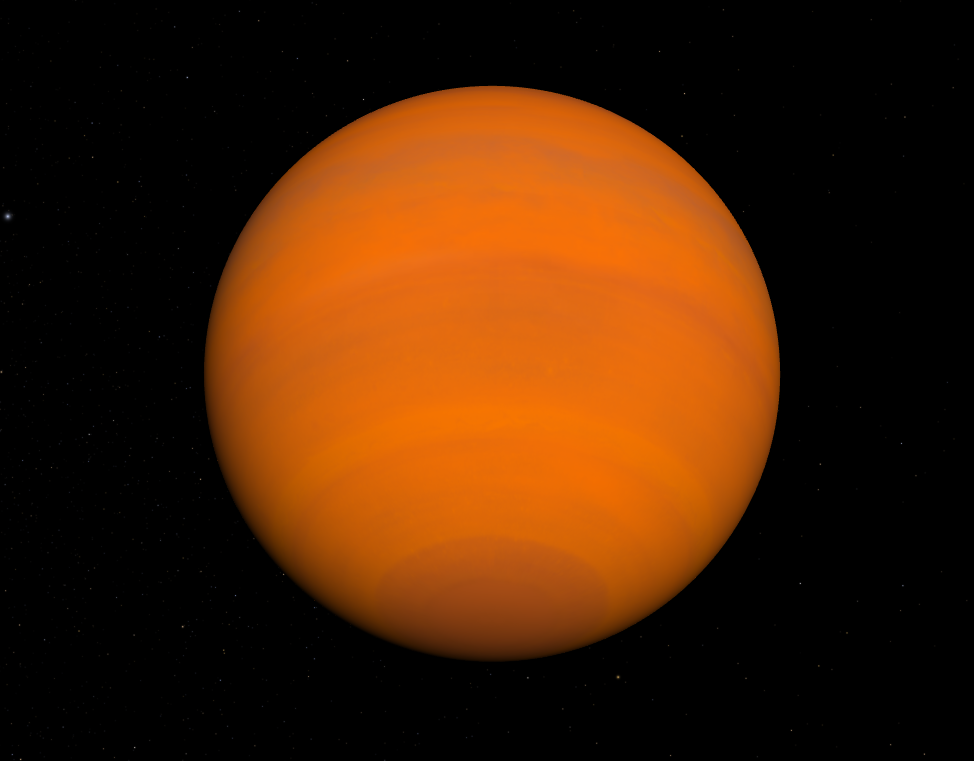Astronomers have identified a new planet that’s bigger than Jupiter — the largest in our solar system — yet they say it’s as fluffy and light as fairy floss.
The exoplanet named WASP-193b has exceedingly low density for its size, the international team of researchers reported in the Nature Astronomy journal on Tuesday.
The gas giants in our solar system like Jupiter and Saturn are much denser in comparison.
The lead author of the published study, Khalid Barkaoui, said WASP-193b is the second-lightest planet among the more than 5,400 planets discovered to date.
“The planet is basically super fluffy,” the post-doctoral researcher from the Massachusetts Institute of Technology (MIT) said.
“The reason why it’s close to cotton candy (fairy floss) is because both are mostly made of light gases rather than solids.”
The researchers suspect the planet, which is located some 1,200 light-years away, is made mostly from hydrogen and helium.
“To find these giant objects with such a small density is really, really rare,” Dr Barkaoui said.
“There’s a class of planets called puffy Jupiters, and it’s been a mystery for 15 years now as to what they are. And this is an extreme case of that class.”
Scientists say an outlier like WASP-193b is ideal for studying unconventional planetary formation and evolution.
The discovery of the planet was confirmed last year, but it took extra time and work to determine its consistency based on observations by ground telescopes.
“We don’t know where to put this planet in all the formation theories we have right now, because it’s an outlier of all of them,” co-lead author Francisco Pozuelos said.
“We cannot explain how this planet was formed, based on classical evolution models. Looking more closely at its atmosphere will allow us to obtain an evolutionary path of this planet.”
ABC/AP
